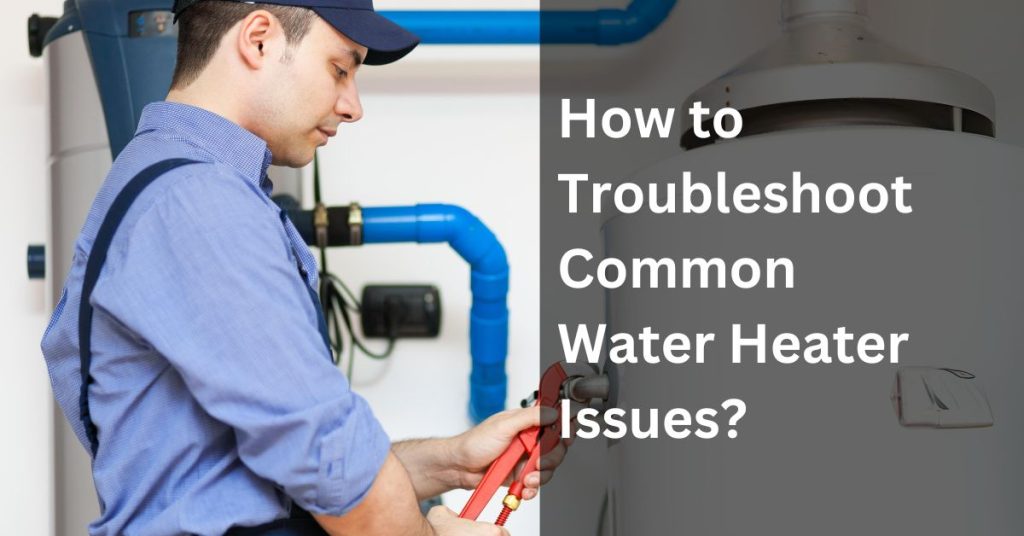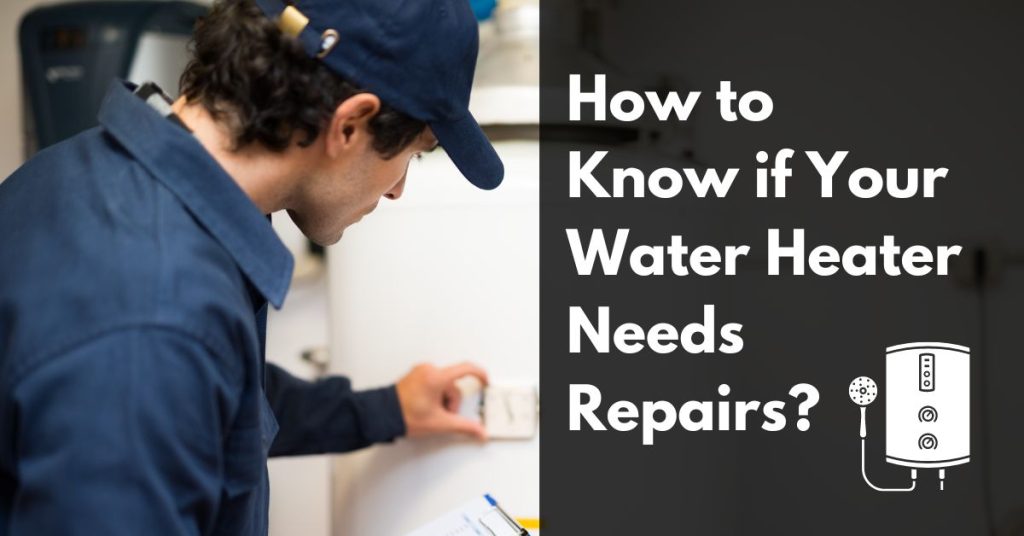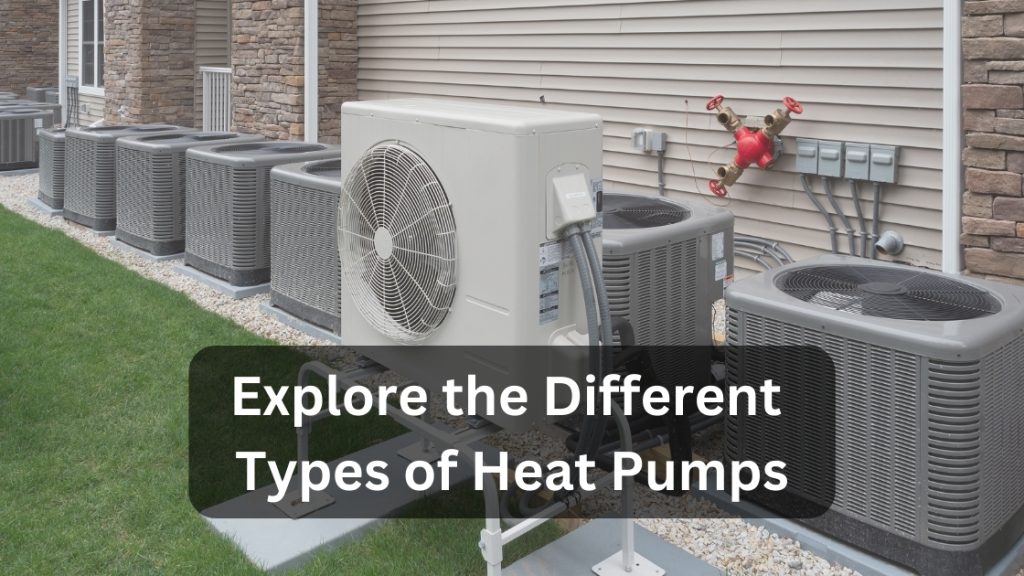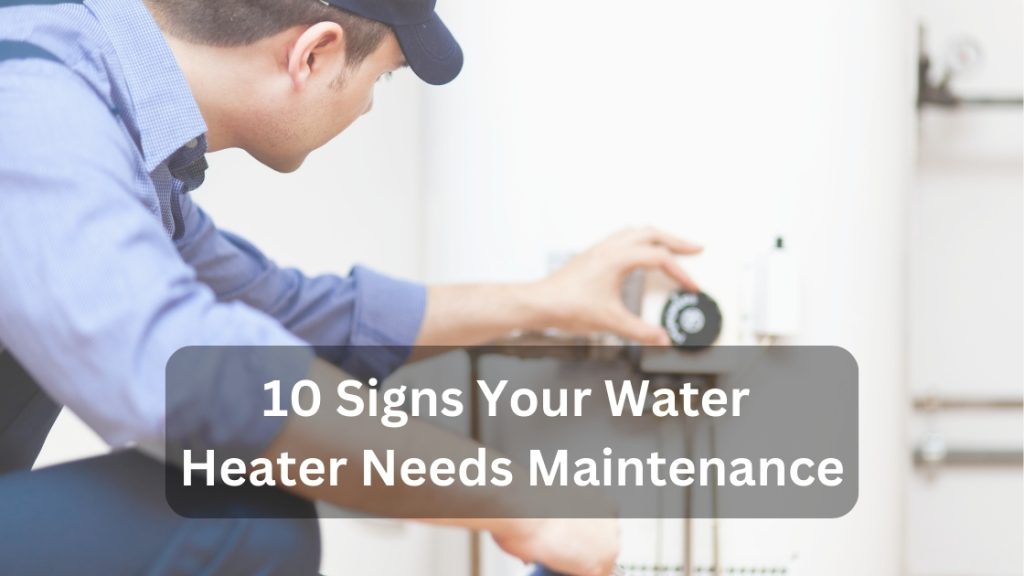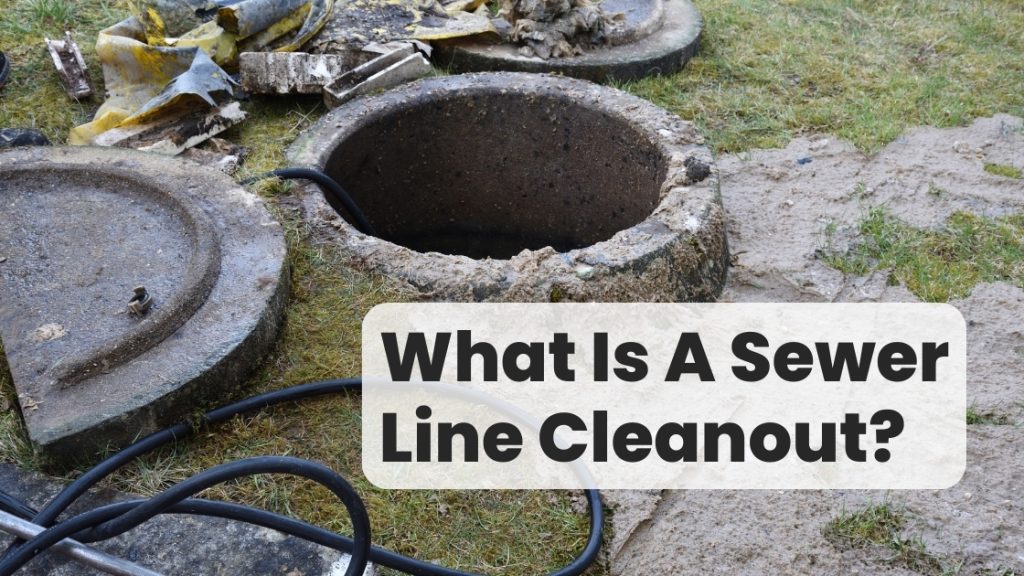Currently Empty: $0.00
Maximizing The Lifespan Of Your Commercial Grease Trap : Maintenance Tips And Best Practices

Grease trap maintenance are an essential component of any restaurant, cafeteria, or other food service establishment. These devices help to prevent harmful grease and oil from entering the local sewer system, where they can cause blockages, overflows, and environmental damage. However, if not maintained properly, a grease trap can become clogged, leading to foul odors, backups, and even fines or legal action. To ensure that your grease trap is operating at peak efficiency and longevity, there are several factors to consider while grease trap maintenance and replacement.
Contents
What Is Grease Trap?
A grease trap, also known as a grease interceptor, is a plumbing device that separates grease, oil, and other food solids from wastewater before it enters the local sewer system. These traps are required by law in many municipalities and are typically installed underground or outside the establishment.
Process Of General Grease Trap:-
Grease trap cleaning involves the removal of accumulated grease, oil, and food solids from the trap. This process is critical to prevent blockages and backups, as well as to maintain the overall health and longevity of the device.
The cleaning process typically involves the following steps:
1. Inspection
The technician will inspect the trap to assess its current condition, measure the depth of the accumulated waste, and determine the best cleaning method.
2. Pumping
The technician will use a specialized vacuum truck to remove the waste from the trap. This process can take anywhere from a few minutes to several hours, depending on the size and condition of the trap.
3. Scrubbing
Once the waste is removed, the technician will scrub the interior of the trap to remove any remaining grease or debris.
4. Disposal
The collected waste is transported to a specialized disposal facility, where it is processed and recycled.
Grease Trap Maintenance Tips And Best Practices:-
1. Schedule Regular Cleanings
The frequency of your grease trap maintenance will depend on several factors, including the size of the trap, the volume of wastewater produced, and the type of food service establishment. However, as a general rule, most traps should be cleaned every three to six months. Be sure to schedule your cleanings in advance and keep track of your service history.
2. Train Your Staff
Proper staff training is critical to ensuring that grease trap remains in good condition. Make sure that your employees understand the importance of not pouring grease, oil, or food solids down the drain and that they know how to properly dispose of these items. Additionally, make sure that your staff knows how to recognize signs of a clogged trap, such as slow drainage or foul odors, and how to report these issues to management.
3. Use The Right Chemicals
Chemicals can be a useful tool in maintaining your grease interceptors, but it is essential to use the right ones. Avoid harsh chemicals that can damage the trap or harm the environment. Instead, use eco-friendly, non-toxic products that are specifically designed for use in grease converters.
4. Monitor Water Usage
Excessive water usage can overload the grease converter, leading to backups and other issues. Make sure that your staff is trained to conserve water wherever possible, such as by fixing leaks, using low-flow faucets and toilets, and only running dishwashers and other equipment when necessary.
5. Install A Strainer
A strainer can help to prevent food solids from entering your commercial grease trap, reducing the amount of waste that accumulates inside. Strainers are inexpensive and easy to install, making them a cost-effective way to extend the lifespan of grease trap.
Why The Grease Traps Are Important For Commercial Spaces?
1. Compliance With Local Regulations
Many municipalities require food service establishments to have a functioning grease trap to prevent harmful materials from entering the sewer system. Failure to maintain a properly functioning grease trap can result in fines or legal action.
2. Preventing Backups And Blockages
Accumulated grease, oil, and food solids can cause blockages and backups in your plumbing system, leading to foul odors, slow drainage, and other issues that can disrupt your business and damage your reputation.
3. Protecting The Environment
Grease, oil, and food solids can harm the environment if they enter the local sewer system. By properly maintaining your grease trap, you are helping to protect the environment and comply with local regulations.
4. Extending The Lifespan Of Your Equipment
Regular maintenance can help to extend the lifespan of your grease trap and prevent costly repairs or replacements. Proper cleaning can also help to ensure that your equipment operates efficiently, reducing energy costs and improving overall performance.
5. Improving The Health And Safety Of Your Establishment
A clogged or malfunctioning grease trap can lead to unpleasant odors and unsanitary conditions, posing a health and safety risk to your customers and employees.
Commercial grease trap cleaning is important to comply with regulations, prevent backups and blockages, protect the environment, extend equipment lifespan, and improve health and safety in your establishment. By prioritizing proper maintenance and working with a reputable service provider, you can help to ensure that your grease trap operates efficiently and effectively, promoting a clean and safe environment for all.
Conclusion:
Maintaining your commercial grease recovery device is critical to ensuring that your establishment operates smoothly, efficiently, and in compliance with local regulations. By following these cleaning tips and best practices, you can maximize the lifespan of your trap and avoid costly repairs or fines. Remember that proper maintenance starts with regular cleanings, training staff on proper disposal practices, using the right chemicals, monitoring water usage, and installing a strainer. It is important to work with a reputable commercial grease trap cleaning service provider that has experience and expertise in the field. Regular cleaning of your grease trap will help to prevent backups, odors, and other issues that can disrupt your business and damage your reputation.
In addition to the above tips, it is important to stay informed about any changes in local regulations regarding commercial convertors or traps. Be sure to stay up to date on any new laws or requirements that may affect your establishment and take the necessary steps to comply.



